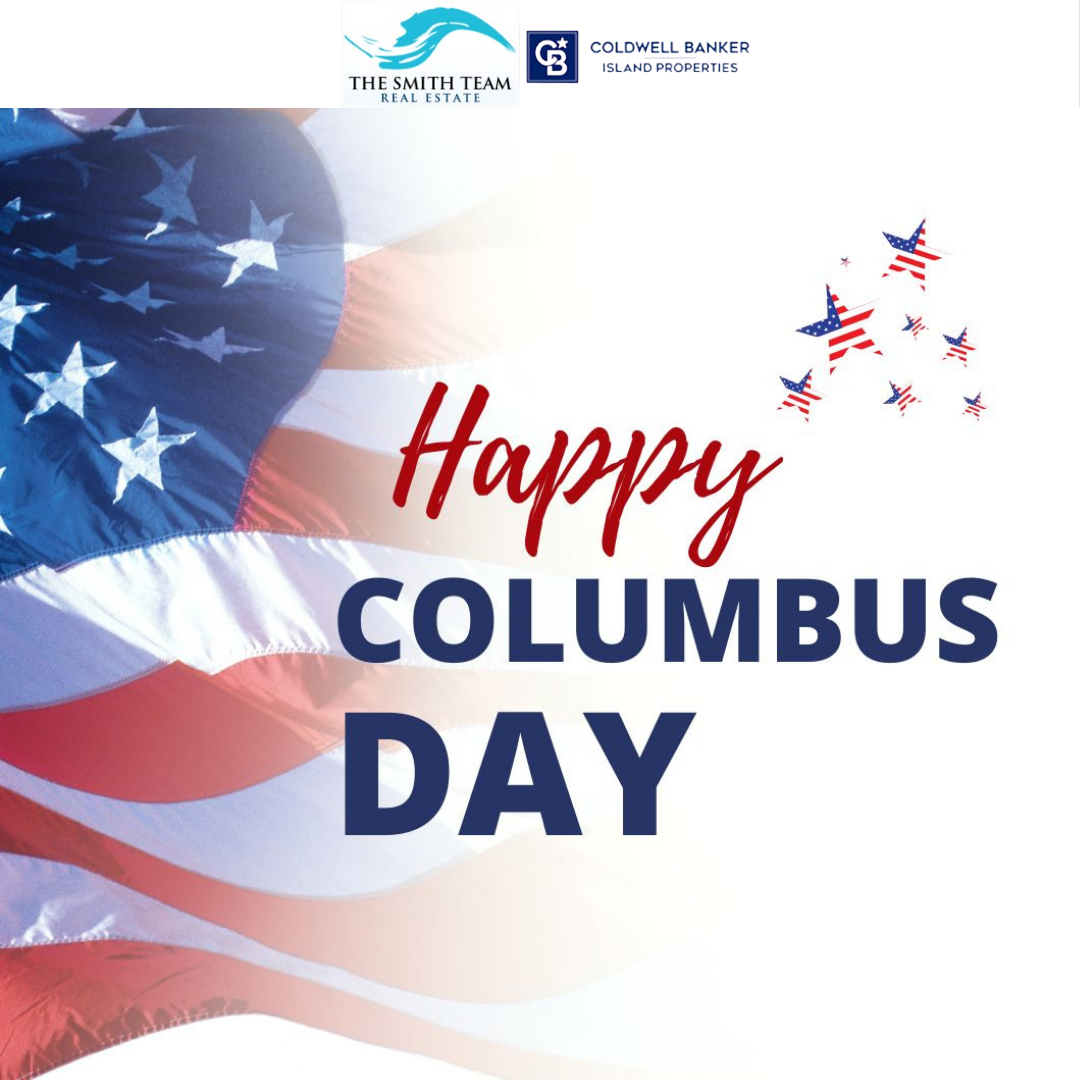Maui homes For Sale
- Haiku Homes For Sale
- Haliimaile Homes For Sale
- Hana Homes For Sale
- Honokowai Homes For Sale
- Kaanapali Homes For Sale
- Kahakuloa Homes For Sale
- Kahana Homes For Sale
- Kahului Homes For Sale
- Kanaio Homes For Sale
- Kapalua Homes For Sale
- Kaupo Homes For Sale
- Keanae Homes For Sale
- Keokea Homes For Sale
- Kihei Homes For Sale
- Kipahulu Homes For Sale
- Kuau Homes For Sale
- Kula Homes For Sale
- Lahaina Homes For Sale
- Lanai Homes For Sale
- Launiupoko Homes For Sale
- Makena Homes For Sale
- Maalaea Homes For Sale
- Makawao Homes For Sale
- Maui Meadows Homes For Sale
- Molokai Homes For Sale
- Nahiku Homes For Sale
- Napili Homes For Sale
- Olinda Homes For Sale
- Olowalu Homes For Sale
- Paia Homes For Sale
- Pukalani Homes For Sale
- Spreckelsville Homes For Sale
- Ulupalakua Homes For Sale
- Wailea Homes For Sale
- Waihee Homes For Sale
- Wailuku Homes For Sale
Honoring Columbus Day A Time to Reflect and Learn

Columbus Day, observed on the second Monday in October, commemorates the landing of Christopher Columbus in the Americas on October 12, 1492. For many, this day marks a moment of exploration, courage, and the beginning of European influence in the New World.
However, in recent years, the celebration of Columbus Day has evolved. It has become a time for deeper reflection, conversation, and a broader understanding of its historical and cultural signi ficance.
The Historical Significance
Christopher Columbus, an Italian explorer sailing under the Spanish flag, set out in search of a new route to Asia and instead encountered the Americas. His voyages opened the door to an era of transatlantic exploration and migration that would go on to reshape the world.
For generations, Columbus Day has been celebrated as a symbol of discovery and ambition. It also holds particular importance within Italian-American communities, where Columbus is viewed as a representation of heritage, pride, and contributions to American society.
A Modern-Day Reflection
As historical understanding deepens, more people have come to recognize that Columbus’s arrival also marked the beginning of a long and painful history for Indigenous peoples in the Americas. The impact of European colonization brought widespread displacement, violence, and cultural loss that continues to affect Native communities today.
In light of this, many states and cities have shifted toward recognizing Indigenous Peoples’ Day, either in place of or alongside Columbus Day. This growing movement encourages a more inclusive approach to understanding history, one that honors both the achievements and the costs of exploration.
How to Thoughtfully Observe Columbus Day
Whether you observe Columbus Day, Indigenous Peoples’ Day, or both, this holiday offers an opportunity to engage thoughtfully with the past and consider its relevance to the present. Here are some ways to do that:
1. Learn the Full History
Take time to explore diverse perspectives on Columbus’s legacy, including the experiences of Indigenous communities.
2. Engage in Meaningful Dialogue
Use the day as an opportunity to talk with others about the complexities of history and the importance of multiple viewpoints.
3. Celebrate Cultural Heritage
Recognize the contributions of various cultures that have shaped the nation, including Indigenous, Italian-American, and other communities.
4. Support Indigenous Voices
Consider supporting Indigenous authors, artists, organizations, or educational initiatives that promote awareness and cultural preservation.
Moving Forward Together
History is rarely simple, and our understanding of it continues to evolve. Columbus Day can serve as a time not only to honor a spirit of exploration and heritage but also to recognize the importance of truth, equity, and inclusion in how we remember the past.
As we move forward, let this day remind us of the value of learning, reflection, and shared respect for all cultures and communities that contribute to the fabric of our society.
